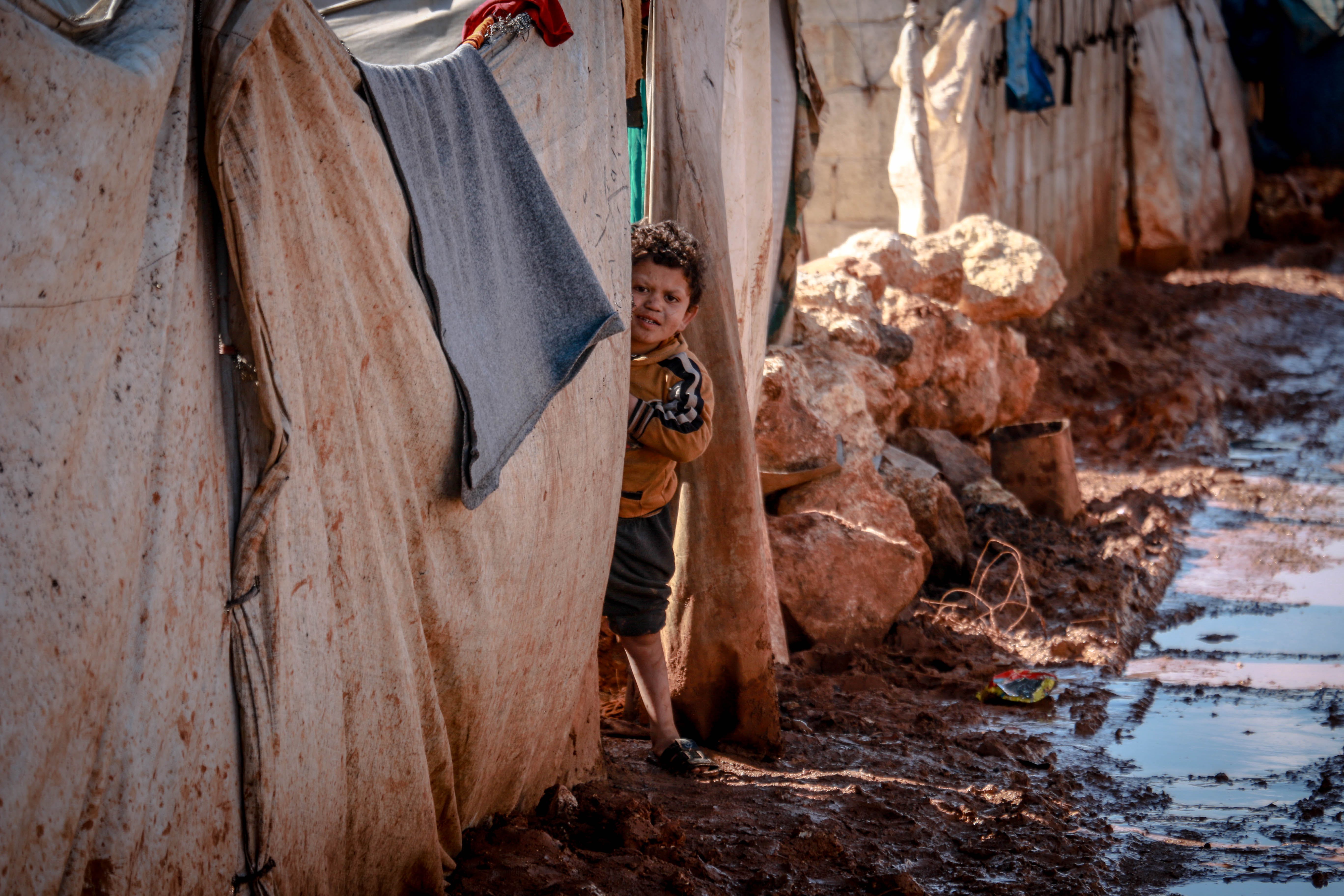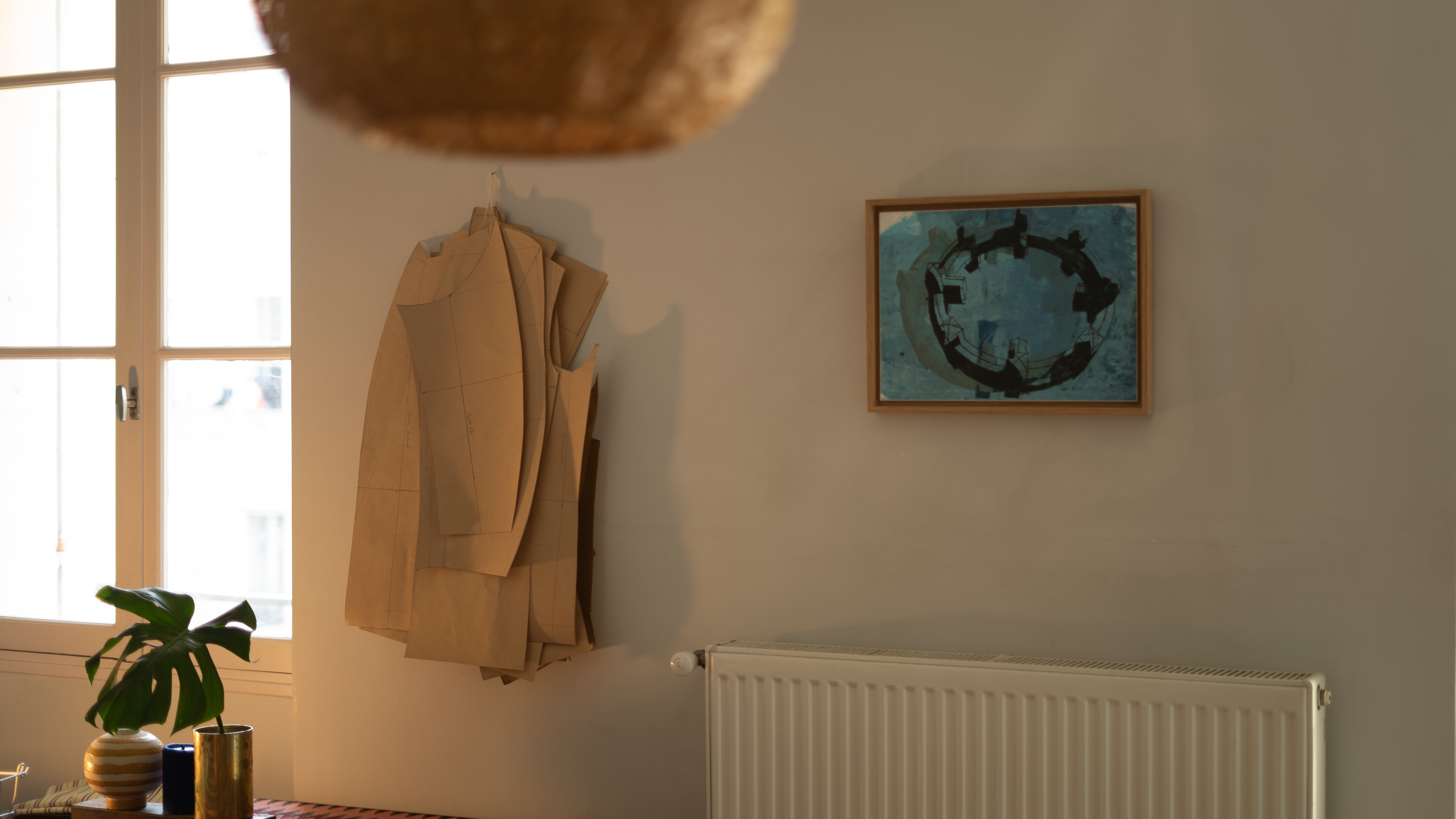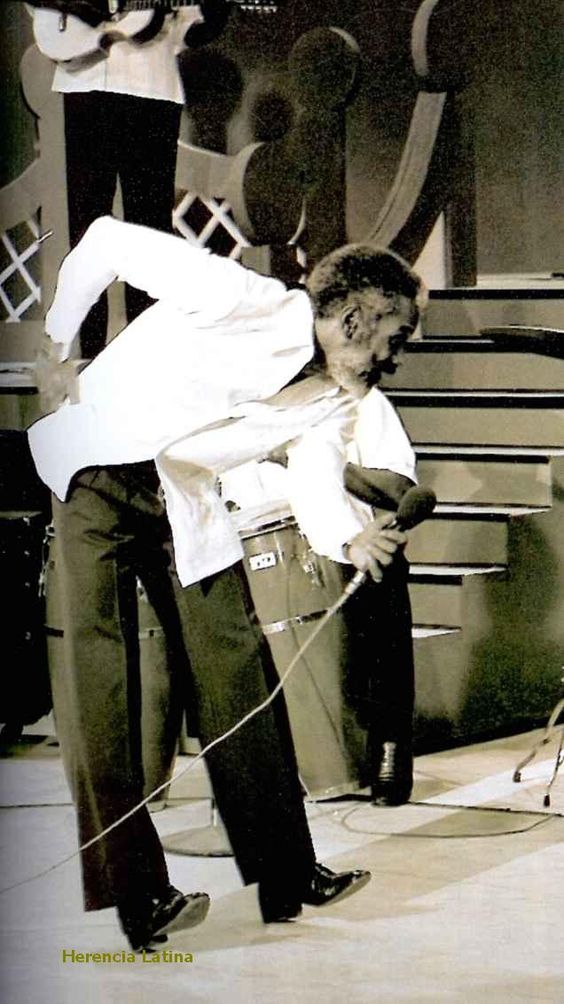Embracing Slow Fashion: A Latin American Entrepreneur's Solution to Overconsumption in the Fashion Industry
In recent years, the fashion industry has witnessed an unprecedented surge in overconsumption, fueled by fast fashion trends that encourage a constant turnover of clothing. Latin American entrepreneurs are increasingly recognizing the need for a transformative approach – a shift towards slow fashion – as the antidote to the environmental and ethical challenges posed by the prevailing culture of excess.
Understanding the Issue
Fast fashion, characterized by rapid production cycles and inexpensive garments, has taken a toll on the environment and exploited labor. Latin American entrepreneurs, attuned to the diverse ecosystems and cultures of the region, are uniquely positioned to address these concerns through a slow fashion lens.
The Essence of Slow Fashion
Slow fashion is more than a trend; it's a philosophy that emphasizes thoughtful, sustainable, and ethical consumption. From the perspective of a Latin American entrepreneur, it aligns seamlessly with the region's commitment to preserving natural resources and promoting social responsibility.
Quality Over Quantity
Latin American entrepreneurs in the fashion industry understand that the key to combating overconsumption lies in prioritizing quality over quantity. By investing in well-crafted, durable garments, consumers not only contribute to the longevity of their wardrobes but also promote artisanal craftsmanship, often deeply rooted in the cultural heritage of the region.
Embracing Cultural Sustainability
Latin American fashion entrepreneurs are uniquely positioned to celebrate and preserve the cultural richness of the region through slow fashion. By incorporating traditional craftsmanship and indigenous materials, they contribute to the sustainability of cultural practices, ensuring that each piece tells a meaningful story.
Responsible Consumption, Responsible Production
The slow fashion movement champions responsible consumption, urging consumers to be intentional in their clothing choices. Latin American entrepreneurs, recognizing the interconnectedness of responsible consumption and production, are working towards transparent and ethical supply chains, ensuring fair wages and humane working conditions.
Reducing Environmental Impact
From organic cotton cultivation to eco-friendly dyeing processes, Latin American entrepreneurs are championing sustainable practices that reduce the fashion industry's environmental footprint. By opting for materials that are kind to the earth and adopting circular economy principles, they pave the way for a more sustainable future.
Educating and Empowering Consumers
Latin American entrepreneurs are taking the lead in educating consumers about the impact of their choices. By fostering awareness about the environmental and social consequences of fast fashion, they empower individuals to make informed decisions, supporting a shift towards sustainable and conscious consumption.
Conclusion
In the hands of Latin American entrepreneurs, slow fashion emerges not just as a business strategy but as a holistic approach to redefining the fashion industry. By embracing cultural sustainability, promoting responsible consumption and production, and prioritizing quality over quantity, these entrepreneurs are not only addressing the issue of overconsumption but are also shaping a more ethical and environmentally conscious future for fashion in the region and beyond. As guardians of cultural heritage and champions of sustainability, they are proving that slow fashion isn't just a trend; it's a transformative force that can lead the way to a more harmonious and responsible fashion industry.



